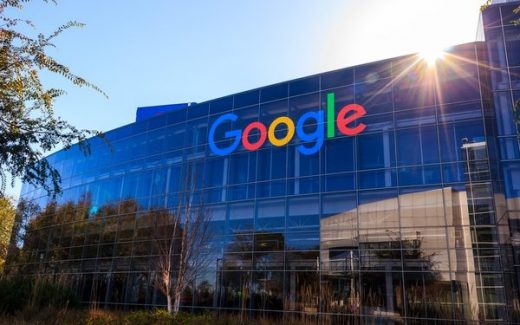How Google Is Changing The Agency Model
How Google Is Changing The Agency Model

The role of the agency continues to change as Google, Bing and other platforms use artificial intelligence, making it easier for brands and other companies to run advertising online.
“Google turned a very creative process into an artificial intelligence process,” said Steve Gibson, CMO and managing partner at DealerSauce, an agency supporting car dealerships. “And the numbers show platforms like Responsive Search Ads work well.”
Responsive Search Ads, for example, uses building blocks and custom elements to dynamically generate ads. It allows up to 15 headline variants and four description-line variants. Google optimizes and tests the options using machine learning. Then it builds and serves ads that are most likely to get a user to click.
It helps small to medium-size agencies succeed, reducing the barrier to entry, but poses challenges for larger holding companies.
“I think what Google is doing somewhat removes the need for agencies, or at least changes the agency’s role,” he said. “It’s more of a self-service platform. With Responsive Ads, and other similar platforms, they make it so much easier to run advertising.”
Earlier this week, analysts and agencies began questioning the timing of some of the changes Google has made to its ad platforms — especially during the first quarter of 2019, leading in part to a decline in quarterly revenue.
Sometimes Google makes changes to its platform without letting advertisers and their agencies know.
“Google has made so many changes in the past 18 months that I don’t know how anyone can run a true test, because there are so many variables that are thrown in by Google randomly changing things,” he said. “Just the concept of a change, because we look at so much data, reduces your favorables.”
When pressed on the subject of how many changes Google made within those 18 months, Gibson said, “it’s almost innumerable.”
All an agency needs to do is count the number of times a Google rep came in to talk to them in one quarter, he said.
“Too many changes decrease the effectiveness,” he said. “When there are too many changes, clients and agencies tend to take their money elsewhere,” which shows in slowing growth in Alphabet’s first quarter 2019 earnings report.
Brands have a limited amount to spend on campaigns and platforms. If the data doesn’t remain transparent, he said, the money is moved from search to social or another platform. If Google makes too many changes it becomes easier to spend the campaign budget on another platform where there’s more consistency.
It also comes down to which conversions are tracked. Gibson said that sometimes those conversions are easier to see on Facebook, compared with Google.
(41)


